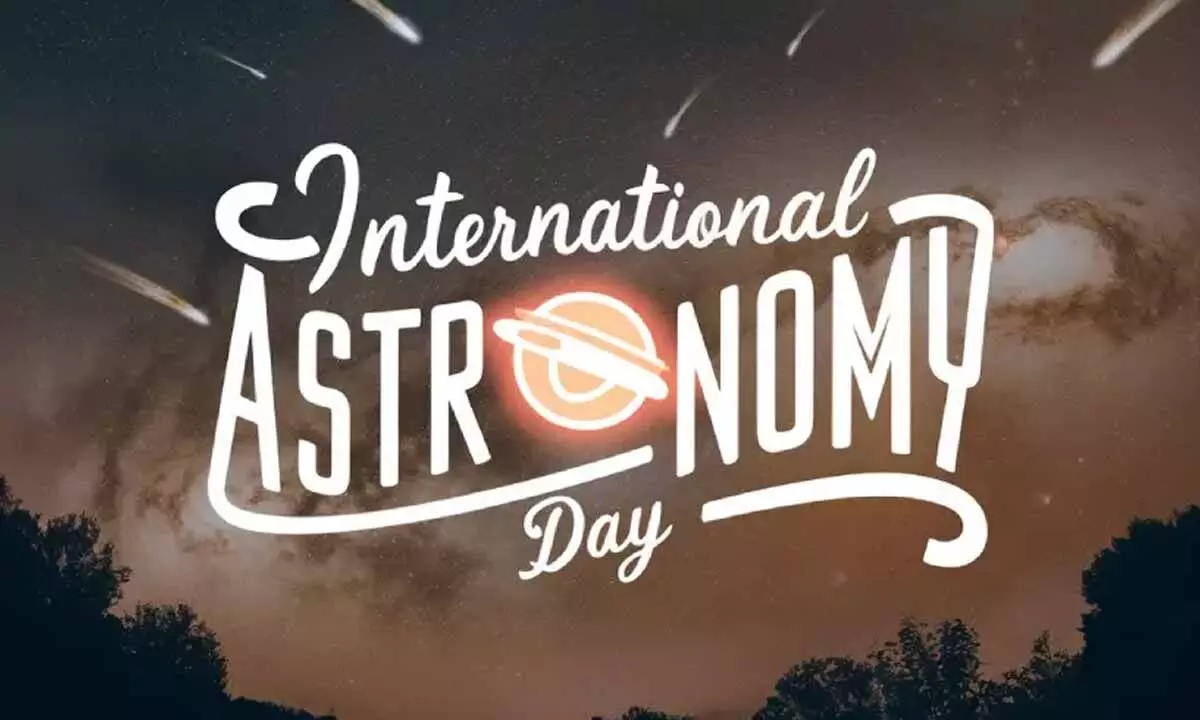International Astronomy Day 2024: Celebrating the Wonders of Space

The vast expanse of outer space has captivated human imagination for centuries, filled with enigmas that inspire awe and curiosity.
The vast expanse of outer space has captivated human imagination for centuries, filled with enigmas that inspire awe and curiosity. To celebrate the significance of astronomy and the universe, International Astronomy Day is observed globally, providing a platform for enthusiasts and professionals to share their passion and knowledge with the public.
When is International Astronomy Day 2024?
In 2024, International Astronomy Day will be celebrated twice: on May 18 in the spring and October 12 in the autumn. This biannual observance allows people to engage with astronomical events and phenomena during different times of the year.
History of International Astronomy Day
International Astronomy Day was established in 1973 by Doug Berger, then president of the Astronomical Association of Northern California. Berger's goal was to foster interest in astronomy among urban populations by making telescopes and astronomical information more accessible. The initiative quickly gained traction, expanding to include participants and organizations worldwide. In 2006, the observance was adjusted to occur twice a year, accommodating both spring and autumn events.
How AI is Revolutionizing Astronomy
Artificial intelligence (AI) is significantly enhancing the capabilities of astronomers, making the field more efficient and powerful. While AI encompasses a wide range of tools, neural networks are predominantly used in astronomy. These networks learn from existing data about outer space, enabling them to analyze and interpret new data effectively.
Enhancing Astronomical Images
One notable application of AI in astronomy is the improvement of space imagery. For example, the image of the supermassive black hole in the galaxy Messier 87 (M87), first released in 2019, was not very clear. However, in April 2023, AI techniques were used to refine the image, revealing a much clearer view of the black hole's structure.
Classifying Galaxies
AI also assists in classifying space images into different categories of galaxies. This classification process, which was traditionally done manually by researchers or volunteers, is now more efficient and accurate thanks to AI.
Understanding Martian Life and Star Ages
Moreover, AI is pivotal in the search for life on Mars and in determining the ages of stars. These advancements not only accelerate research but also expand our understanding of the universe.
Inspirational Quotes for International Astronomy Day
"Astronomy is useful because it raises us above ourselves; it is useful because it is grand; It shows us how small is man’s body, how great his mind, since his intelligence can embrace the whole of this dazzling immensity, where his body is only an obscure point, and enjoy its silent harmony." – Henri Poincaré, Physicist
"Mortal as I am, I know that I am born for a day, but when I follow the serried multitude of the stars in their circular course, my feet no longer touch the earth; I ascend to Zeus himself to feast me on ambrosia, the food of the gods." – Ptolemy, Astronomer
"The cosmos is all that is or ever was or ever will be. Our feeblest contemplations of the Cosmos stir us — there is a tingling in the spine, a catch in the voice, a faint sensation, as if a distant memory, or falling from a height. We know we are approaching the greatest of mysteries." – Carl Sagan, Astronomer
"Space isn’t remote at all. It’s only an hour’s drive away, if your car could go straight upwards." – Sir Fred Hoyle, Astronomer
"Man must rise above the Earth — to the top of the atmosphere and beyond — for only thus will he fully understand the world in which he lives." – Socrates, Philosopher
International Astronomy Day is a reminder of the vastness and beauty of the universe, encouraging us to explore and appreciate the wonders beyond our planet.














